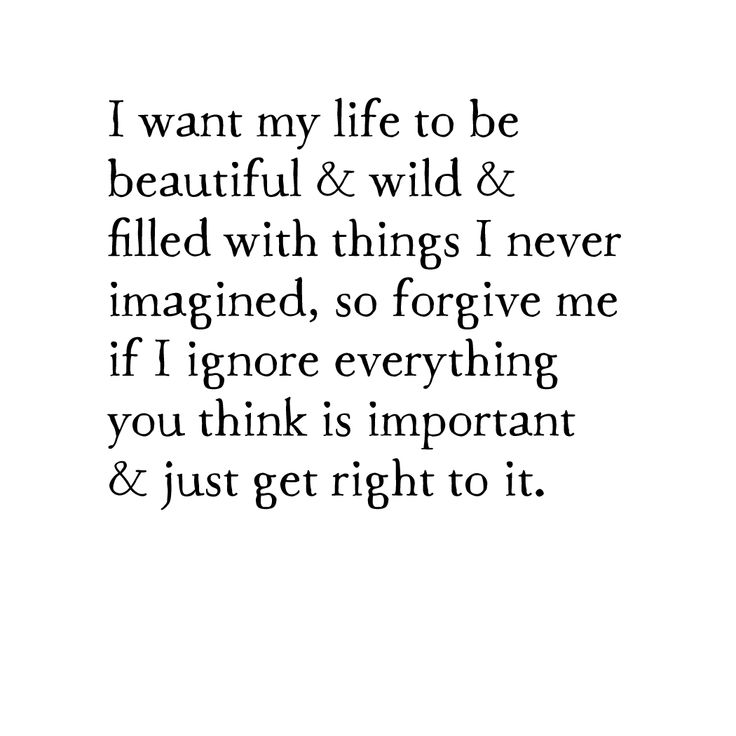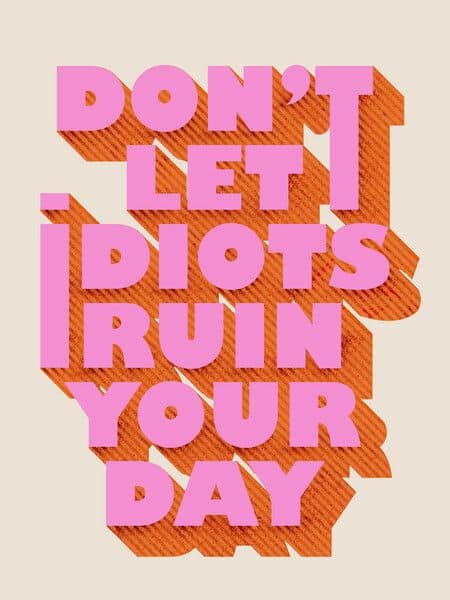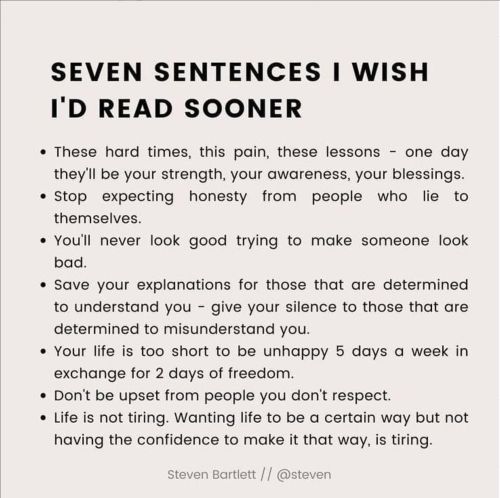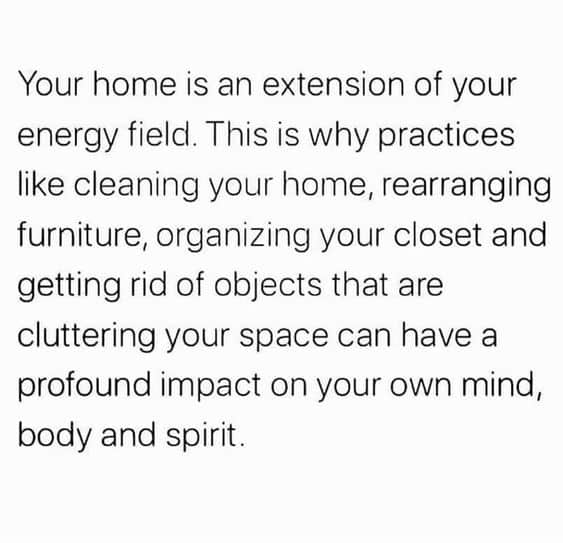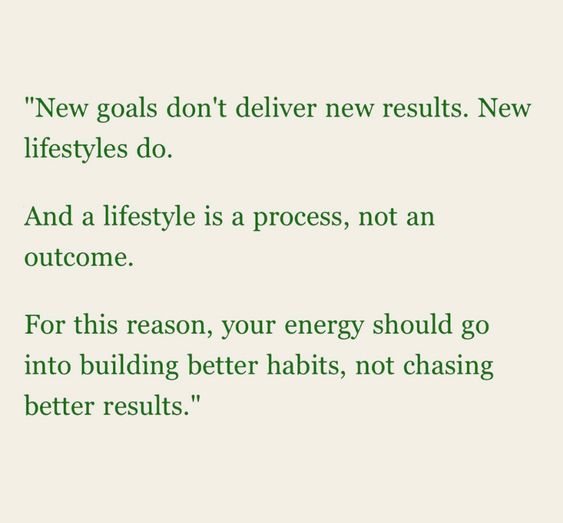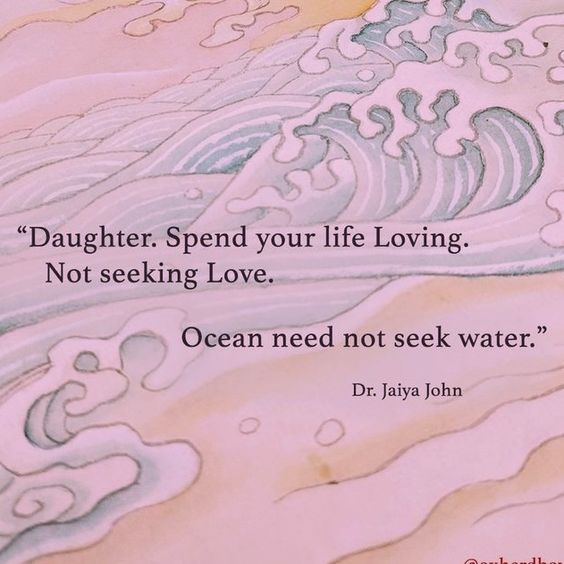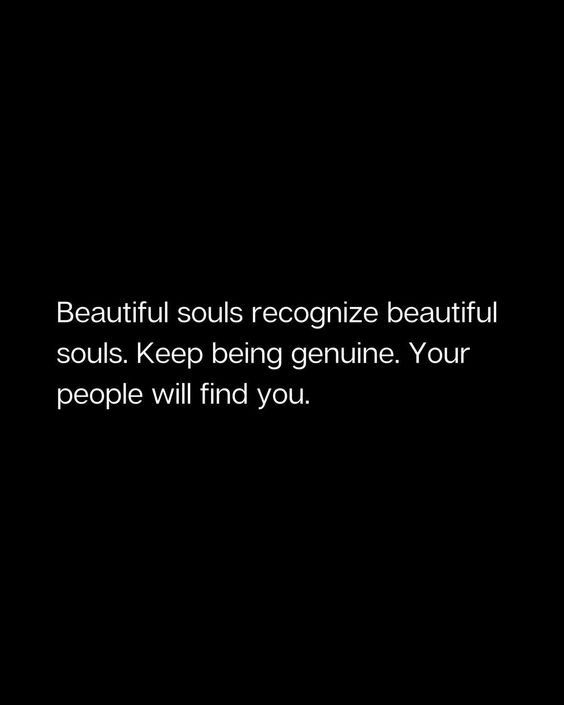“Don’t be in a hurry to drop it [whatever “it” is], because people who are in a hurry to drop things don’t give themselves enough time to understand them.”
Osho, Everyday Osho (Page 112)
“When we don’t purposefully and deliberately choose where to focus our energies and time, other people—our bosses, our colleagues, our clients, and even our families—will choose for us, and before long we’ll have lost sight of everything that is meaningful and important. We can either make our choices deliberately or allow other people’s agendas to control our lives.”
Greg McKeown, Essentialism (Page 16)
“While much has been said and written about how hyperconnected we now are and how distracting this information overload can be, the larger issue is how our connectedness has increased the strength of social pressure. Today, technology has lowered the barrier for others to share their opinion about what we should be focusing on. It is not just information overload; it is opinion overload.”
Greg McKeown, Essentialism (Page 15)
“The pursuit of success can be a catalyst for failure. Put another way, success can distract us from focusing on the essential things that produce success in the first place.”
Greg McKeown, Essentialism (Page 13)
“If you don’t prioritize your life, someone else will.”
Greg McKeown, Essentialism (Page 10)
“Problems, by definition, have solutions. You might not like the cost of the solution, the trade-offs it leads to, or the time and effort it takes, but problems have solutions. On the other hand, situations don’t. Situations are simply things we need to live with. Once we realize that a problem we have isn’t a problem at all, but actually a situation, it’s easier to do our best to move on and thrive. Focusing on a situation is usually a source of stress, not a way forward.”
Seth Godin
“The way of the Essentialist means living by design, not by default. Instead of making choices reactively, the Essentialist deliberately distinguishes the vital few from the trivial many, eliminates the nonessentials, and then removes obstacles so the essential things have clear, smooth passage. In other words, Essentialism is a disciplined, systemic approach for determining where our highest point of contribution lies, then making execution of those things almost effortless.”
Greg McKeown, Essentialism (Page 7)
“Essentialism is not about how to get more things done; it’s about how to get the right things done. It doesn’t mean just doing less for the sake of less either. It is about making the wisest possible investment of your time and energy in order to operate at our highest point of contribution by doing only what is essential.”
Greg McKeown, Essentialism (Page 5)
“To know means to accumulate, to collect information, to collect data. It does not change you—you remain the same; just your collection of information becomes bigger and bigger. Wisdom transforms you. It is really in-formation, not just ‘information’—it forms your inner being in a new way. It is transformation. It creates a new quality of seeing, knowing, being. So it is possible for a person to be not at all informed and yet be wise. It is also possible for a person to be very much informed and still be very unwise.”
Osho, Everyday Osho (Page 110)
“The way of the Essentialist is the relentless pursuit of less but better.”
Greg McKeown, Essentialism (Page 5)
“Only once you give yourself permission to stop trying to do it all, to stop saying yes to everyone, can you make your highest contribution towards the things that really matter.”
Greg McKeown, Essentialism (Page 4)
